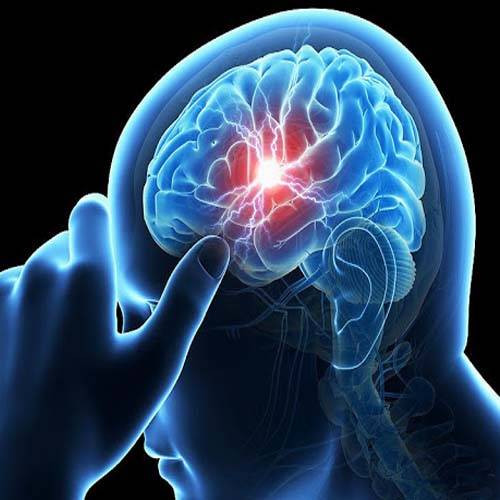
The immune system of our body can be compared to soldiers, constantly defending the body and destroying hundreds if not thousands of disease-causing microorganisms that enter us body every day. It can, therefore, be considered as the defense mechanism which protects us from harm of any kind.
But what happens when this same immune system starts attacking the cells they are supposed to protect?
This results in an auto-immune disorder.
Auto-immune disorders are a group of disorders characterized by the immune system attacking its own cells of the body and Multiple Sclerosis belongs to this group of disorders.
 Multiple Sclerosis
Multiple Sclerosis
As we read earlier, Multiple Sclerosis or MS is an auto-immune disorder and progresses throughout the patient’s life. Since the disease involves our immune system itself, there is no cure for it till now.
MS is a very rare disorder. In this condition, the immune system attacks the fiber surrounding the neurons. This loss of the external sheath leads to the destruction of the neurons. Therefore, in patients suffering from multiple sclerosis, the connection between the brain and the body is lost, since the connecting link, i.e., the neurons are damaged.

As a result of the loss of the connection, the brain is unable to control the body, and therefore, one of the major symptoms of multiple sclerosis are difficulty to coordinate. Other symptoms include tremors, visual problems, difficulty sleeping, muscle paralysis, etc.
The exact cause of muscle sclerosis remains largely unknown but the chances of women getting it is higher than men. The disorder can also be inherited if it is present in the family tree. There could be factors such as climate, infections, smoking, vitamin D deficiency which can increase the risk of one suffering from MS.
Even if there is no cure for the disorder, through medication and physiotherapy the progression of MS can be slowed down.









